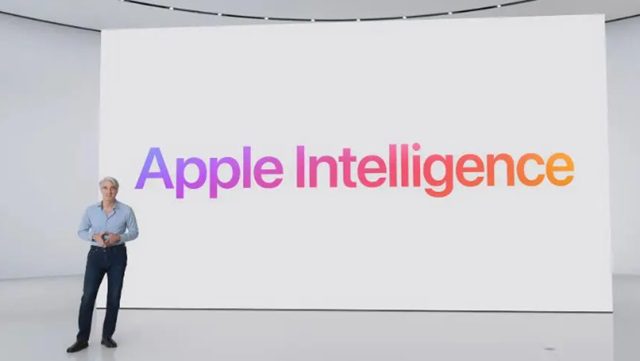BTN News: At its annual Worldwide Developers Conference (WWDC) in Cupertino, Apple demonstrated the next generation of its AI technology and underscored its privacy commitments. The first ever personal intelligence system brought out by the tech giant was Apple Intelligence unveiled by the company and released along with the integrations related to ChatGPT of OpenAI.
A major sounding board was Apple’s AI processing model – a hybrid of on-device computation paired with a novel method called Private Cloud computing (PCC). This approach intends to take advantage of local device processing power using the cloud-based services for AI-related tasks needing the cloud resources. Apple senior vice president of engineering Craig Federighi underscored that Apple is expanding the iPhone’s famous security model org-wide to the cloud via Private Cloud Compute so that user data stays private and secure through the entire AI processing pipeline.
Exclusions of Apple: Apple’s attention to safeguarding privacy with its AI efforts is unique in the industry, including Apple’s never-even-seen-by-Apple data guarantees with regard to PCC models, which ensure that personal data never leaves the user’s device and is deleted immediately after processing. This is in alignment with international norms and laws (also within India’s proposed Digital Personal Data Protection Act. 2023) where the consent to use data is by the user and data is not kept as long as Technolexis may with good intentions.
Doubts have been raised about the feasibility of the privacy measures in practice, especially in greater-on data retention countries. Compliance with regulations like India’s cybersecurity directives, which require ICT system logs to be stored for defined duration, is something that experts have warned is in jeopardy.
By integrating offline and on-line AI processing, Apple is pursuing more powerful machine learning capabilities and giving users more elements of privacy. Apple aims to be transparent and to maintain the trust of its global user base by employing the use of data encryption in transmission and minimal data retention on its private cloud servers.
Critics have noted the public cloud can ‘rush’ AI requests over on-device processing but more timely communication as to when and what they are doing on-device rather than in a private cloud. Then for the use of your data, in order to provide users with transparency, some say that the usage amount is needed to make users decide an access to be granted to, otherwise, not at all.
In the future, Apple has to walk the line between the desire for technology innovation and regulation and consumer expectation. With its AI privacy policy, the DP-3T system developers say they expect to include additional guidance on how it will be used, and hopefully more user controls over AI functionality as it is phased in.
Ultimately, Apple’s announcement that it will be releasing its Apple Intelligence and Private Cloud Compute models marks a very large step forward in AI technology with extremely secure privacy features. Tech and regulatory industries will be watching closely as Apple pushes forward into new territories with revolutionary innovations in global compliance and privacy.


